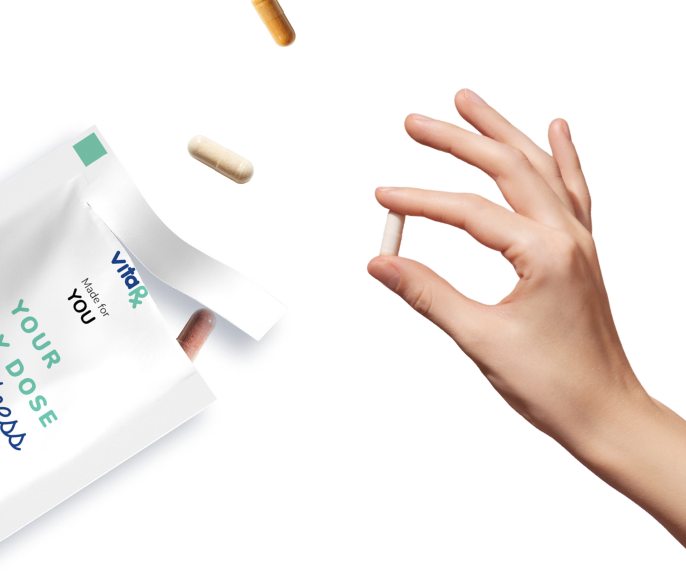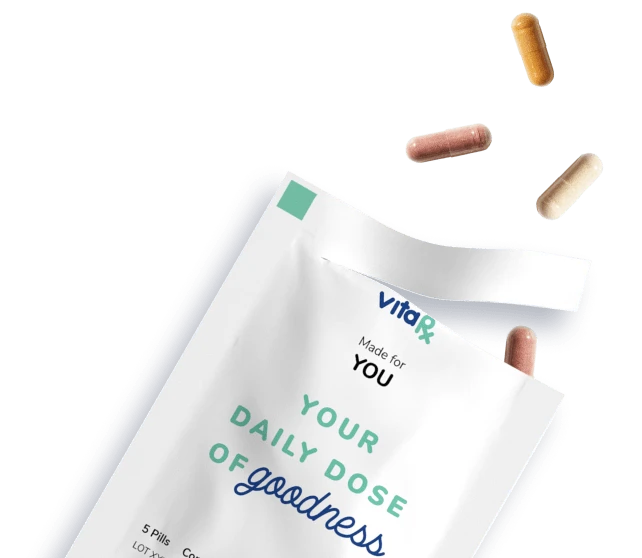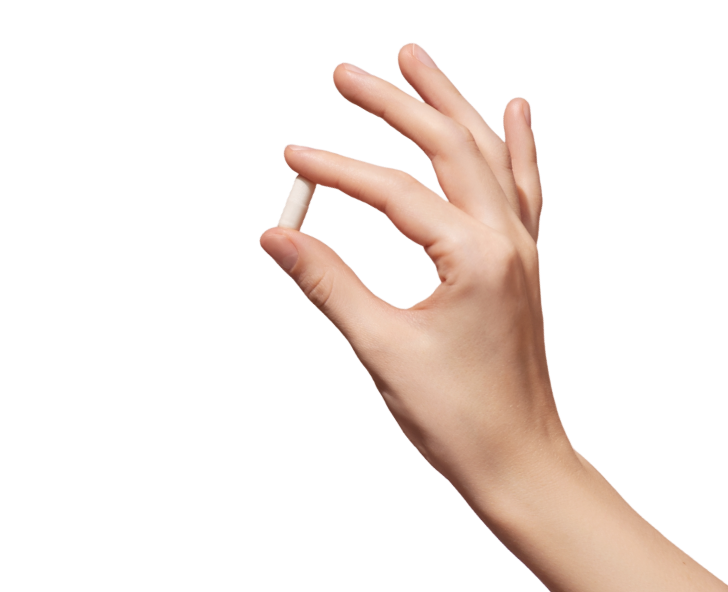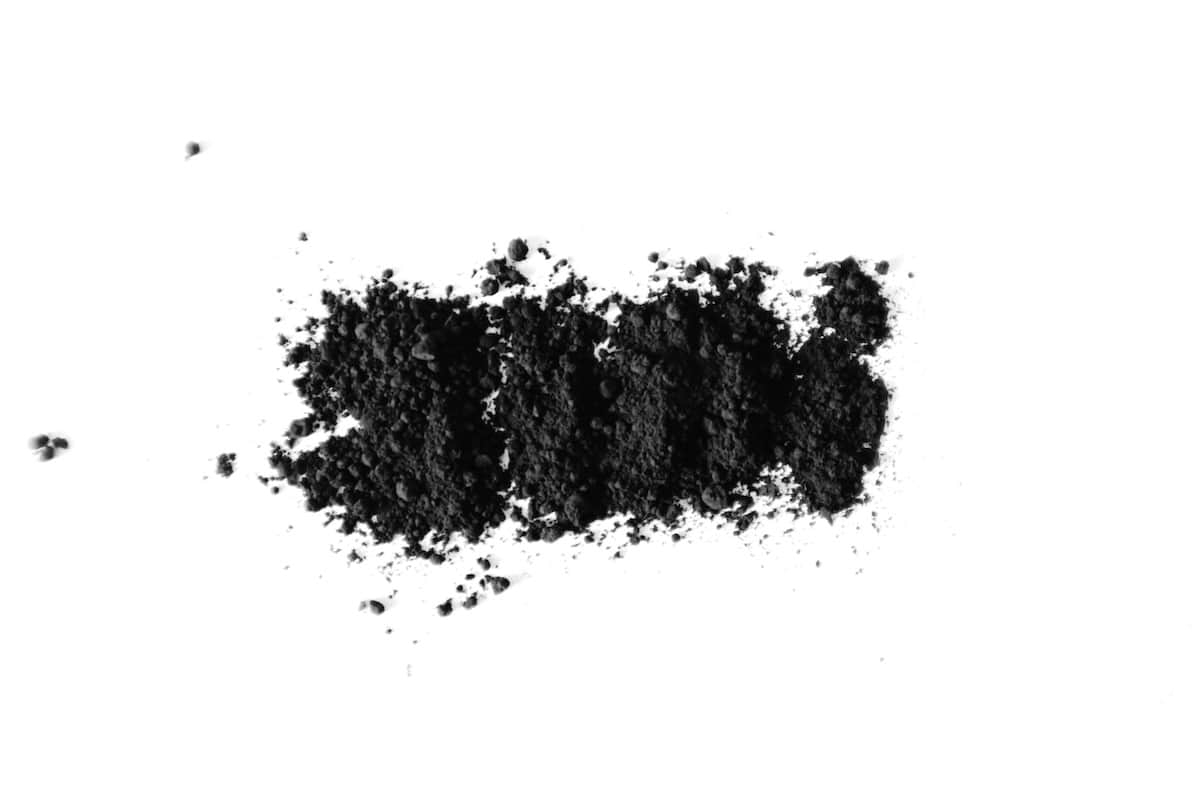Last update: March 25, 2025
6 minute read
What is Caffeine?
Is caffeine simply coffee? Discover the effects, sources, and benefits of caffeine and its effect on your sleep and exercise.

By Derick Rodriguez, Associate Editor
Edited by Dr. Dimitar Marinov, MD, RDN, PhD

Have you ever wondered what caffeine is and how it can help energize you in your daily life? Well, buckle up because we're about to dive into caffeine, exploring its effects on your body, where to find it, and its effect on your health. We'll also discuss how it affects sleep and exercise performance.
Key takeaways
- Caffeine is a natural stimulant found in coffee, tea, and cocoa plants
- It has benefits like supporting focus and cognitive function
- Common sources of caffeine include coffee, tea, energy drinks, soft drinks, and chocolate
What is caffeine?
What is caffeine? Caffeine is a natural stimulant found in many plants, like coffee beans, tea leaves, and cocoa beans, and it's commonly added to foods, beverages, and medications. It works by stimulating the central nervous system, helping you stay alert and temporarily ward off drowsiness.

Why is caffeine so popular?
Caffeine is a natural stimulant found in a variety of plants, including coffee beans, tea leaves, and cocoa beans. But what makes it so popular?
The simple answer is that caffeine's effects on the central nervous system are what keep it in the spotlight. By temporarily warding off drowsiness and supporting alertness, caffeine becomes an essential part of many people's daily routines, helping them power through their day.
The popularity of caffeine is also due to its easy accessibility through common sources like coffee, tea, and energy drinks. Coffee is actually the second most traded commodity in the world, just behind oil.
As for the health benefits, moderate caffeine consumption has been linked to support for cognitive function, athletic performance, and even a potentially reduced risk of certain diseases.
VitaRx Tip
Remember, though, balance is key–too much caffeine may lead to side effects like anxiety, sleep disturbances, and increased heart rate. It's widely accepted that the safe upper limit for caffeine intake is 400 mg a day.
Caffeine content in common foods, beverages, and products
This table showcases the caffeine content found in many popular food and drinks, as well as some over-the-counter medications. The data demonstrates the varying levels of caffeine across different sources, helping readers understand the quantity of caffeine they might consume on a daily basis.
Item | Caffeine Content (mg) | Serving Size |
|---|---|---|
Coffee (brewed) | 95-200 | 8 oz (240 ml) |
Espresso | 63-75 | 1 oz (30 ml) |
Decaf coffee (brewed) | 2-5 | 8 oz (240 ml) |
Black tea | 40-70 | 8 oz (240 ml) |
Green tea | 20-45 | 8 oz (240 ml) |
Soft drinks (cola) | 30-50 | 12 oz (355 ml) |
Energy drinks | 50-300 | 8-16 oz (240-480 ml) |
Chocolate (dark) | 12-24 | 1 oz (28 g) |
Chocolate (milk) | 3-6 | 1 oz (28 g) |
OTC Pain Relievers | 30-65 | 1 tablet |
How does caffeine affect your body and brain?
Now that we know what caffeine is and why it's so popular, let's dive into how it affects your body and brain. When you consume caffeine, it's quickly absorbed by the gastrointestinal tract and enters the bloodstream.
From there, it crosses the blood-brain barrier and starts to work its magic on the central nervous system. Caffeine primarily affects the brain by blocking the action of a neurotransmitter called adenosine.
Adenosine is a natural sleep-promoting compound that accumulates in the brain throughout the day. When caffeine blocks adenosine, it leads to increased alertness and wakefulness, making you feel more energized.
Moreover, caffeine may also support the release of certain neurotransmitters, like dopamine and norepinephrine, which are associated with pleasure and focus, respectively. This helps support your mood, concentration, and even memory.
For example, a study published in Nature Neuroscience found that caffeine administration after a learning task significantly supported memory consolidation. In addition to your brain, caffeine also has effects on your body.
It may stimulate the release of adrenaline, which increases heart rate and blood flow to muscles, preparing your body for a "fight or flight" response. However, it's important to remember that excessive caffeine intake can lead to negative side effects.
VitaRx Tip
To keep your brain and body happy, always consume caffeine in moderation and be mindful of its potential risks.
What are the most common sources of caffeine in your diet?
As caffeine enthusiasts, it's essential to know the most common sources of caffeine in your diets. Although caffeine is found in many plants, it's often consumed in specific forms. Let's explore some of the popular caffeinated beverages and foods:
- Coffee: Undoubtedly the most well-known source of caffeine, coffee may provide an energizing boost, with an average of 95 mg of caffeine per 8-ounce cup. From espressos to lattes, coffee comes in a wide range of styles to suit any preference.
- Tea: Tea is another popular caffeine source, with black tea typically containing around 47 mg per 8-ounce cup, while green tea has about 29 mg. Remember the antioxidant-rich matcha, which can pack around 70 mg of caffeine per cup.
- Energy drinks: These beverages often contain high amounts of caffeine, ranging from 50 to 200 mg per serving. Be cautious, though, as they can also be packed with sugar and artificial additives.
- Soft drinks: Some soft drinks, like colas, contain caffeine, albeit in smaller amounts than coffee or energy drinks – around 22 to 46 mg per 12-ounce can.
- Chocolate: Cocoa beans contain caffeine, so chocolate, especially dark chocolate, can be a source of caffeine in your diet. A 1-ounce piece of dark chocolate may have up to 25 mg of caffeine.
- Medications: Certain over-the-counter medications, like pain relievers and weight loss pills, can contain caffeine as an active ingredient, so always check the label before consuming. Caffeine is often added to these products because it may enhance the effectiveness of the other ingredients
Frequently asked questions (FAQ)
Here are some of the most frequently asked questions about caffeine.
Final thoughts
Well, it's time to wrap up our caffeinated journey! We've brewed up a storm of information about what caffeine is, its effects on your body, common sources in your diet, and how personalized supplements from VitaRx can help you optimize your caffeine consumption. Remember, balance is key when it comes to caffeine.
Source
- Coffee provides a natural multitarget pharmacopeia against the hallmarks of cancer - PMC
- Post-study caffeine administration enhances memory consolidation in humans
- The Safety of Ingested Caffeine: A Comprehensive Review - PMC
- Interindividual Differences in Caffeine Metabolism and Factors Driving Caffeine Consumption
- Caffeine induces neurobehavioral effects through modulating neurotransmitters - PMC
- International society of sports nutrition position stand: caffeine and performance
- Spilling the Beans: How Much Caffeine is Too Much? | FDA
- Determination of catechins in matcha green tea by micellar electrokinetic chromatography
- A review of caffeine's effects on cognitive, physical and occupational performance
Editor

Derick Rodriguez
Derick Rodriguez focuses on editing health and wellness-related content. With over half a decade of experience in the digital realm, Derick has developed a unique skill set that bridges the gap between complex health concepts and accessible, user-friendly communication. His approach is deeply rooted in leveraging personal experiences and insights to illuminate the nuances of health and wellness topics, making them more approachable and empowering readers with knowledge and confidence.
Fact checker

Dr. Dimitar Marinov
Dr. Marinov has years of experience in scientific research and preventive and clinical medicine. His publications in peer-reviewed journals are on nutritional status, physical activity, and musculoskeletal disorders among adolescents.
At VitaRx, we're not just passionate about our work — we take immense pride in it. Our dedicated team of writers diligently follows strict editorial standards, ensuring that every piece of content we publish is accurate, current, and highly valuable. We don't just strive for quality; we aim for excellence.
Related posts
While you're at it, here are some other relevant articles you might be interested in.

Get your personalized vitamin recommendations in less than
5 minutes.
Get your personalized vitamin recommendations in less than
5 minutes.







